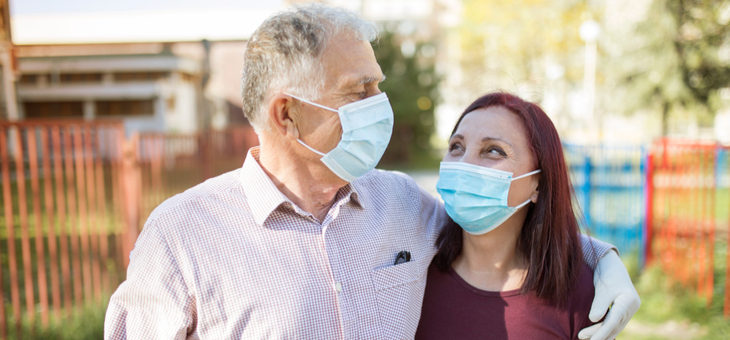What was the great hope for Australia and much of the world for a COVID vaccine, the Oxford vaccine has been put on hold.
But as anyone intimate with how vaccine and new drug trials work will tell, that happens sometimes.
That’s why it’s called a trial.
After all, rushing out a quick fix could lead to one in 120 people getting serious spinal inflammation, as reportedly happened to one of the participants in the phase 2/3 trial.
The trial was put on hold so researchers could ascertain whether the condition was linked to the vaccine.
But on the weekend, the university said the trial would resume.
“This pause shows we will always put safety first. We will back our scientists to deliver an effective vaccine as soon as safely possible,” said Health Secretary Matt Hancock.
The university said in a statement it was “expected” that “some participants will become unwell” during trials such as this one.
Australia has locked in 33.8 million doses in advance of a positive trial result.
But, as far as some scientists are concerned, we may already have a vaccine right under our noses.
Or, more accurately, on top of them.
An essay, published in the New England Journal of Medicine, says face masks may vaccinate people against the coronavirus.
“As SARS-CoV-2 continues its global spread, it’s possible that one of the pillars of COVID-19 pandemic control – universal facial masking – might help reduce the severity of disease and ensure that a greater proportion of new infections are asymptomatic,” the essay says.
“If this hypothesis is borne out, universal masking could become a form of ‘variolation’ that would generate immunity and thereby slow the spread of the virus in the United States and elsewhere, as we await a vaccine.”
Variolation is when people are infected with a mild form of the disease, which would prevent the person from being reinfected.
In the case of smallpox, the full-blown disease killed 20 to 30 per cent, while 0.05 to two per cent of people treated with variolation died.
While this may sound promising, remember that an estimated 300 million people died in the 20th century from smallpox, so thousands may have also been killed by the radical cure, says John Elder for The New Daily.
Is this strategy likely to be employed to treat COVID-19?
No.
University of California San Francisco professors Monica Gandhi and George W. Rutherford are using the example to make a case that some level of immunity occurs when people wear a face mask.
While initially it was thought that wearing a mask stopped the spread of the virus, with little protection for the wearer, Prof. Gandhi found that masks also benefit the wearer by cutting down the dose of the virus to which they are exposed.
If Prof. Gandhi is correct, the universal wearing of face masks could eventually lead to herd immunity.
“The typical rate of asymptomatic infection with SARS-CoV-2 was estimated to be 40 per cent by the CDC [Centers for Disease Control and Prevention] in mid-July, but asymptomatic infection rates are reported to be higher than 80 per cent in settings with universal facial masking, which provides observational evidence for this hypothesis,” wrote the professors.
“Countries that have adapted population-wide masking have fared better in terms of rates of severe COVID-related illnesses and death which, in environments with limited testing, suggests a shift from symptomatic to asymptomatic infections.”
Even more reason to wear a mask.
Do you see masks as being part of life for the foreseeable future? What advances in mask design need to happen for them to be more comfortable?
If you enjoy our content, don’t keep it to yourself. Share our free eNews with your friends and encourage them to sign up.
Related articles:
https://www.yourlifechoices.com.au/health/covid19/why-these-maskwearers-are-a-danger
https://www.yourlifechoices.com.au/health/covid19/do-masks-give-a-false-sense-of-security
https://www.yourlifechoices.com.au/health/covid19/which-face-mask-should-i-wear

